The world of music is constantly evolving, and nowhere is this more evident than in the dynamic realm of hip-hop culture. Among its many subgenres, abstract hip hop stands out as a genre that pushes boundaries, challenges conventions, and continually redefines what it means to be innovative. From its humble beginnings to its current status as a cornerstone of modern music, the evolution of abstract hip hop is a story of creativity, resilience, and cultural transformation. This article delves into the fascinating journey of abstract hip hop, exploring its origins, key influences, and its enduring impact on the global music scene. By examining the works of pioneering artists, the role of technology, and the cultural significance of this unique genre, we will uncover how abstract hip hop has become a beacon of musical exploration and artistic freedom.
Key Takeaways
- DJ Kool Herc is celebrated as the father of hip-hop, revolutionizing music with his scratch technique and foundational DJ skills.
- The Netflix series Hip-Hop Evolution traces the origins and evolution of hip-hop, showcasing its cultural impact and key figures.
- From the rise of breakdancing to the influence of digital platforms, the series explores how hip-hop has evolved across genres and generations.
- A must-watch for fans and newcomers alike, offering deep insights into hip-hop’s history and its enduring legacy.

The History of Abstract Hip Hop
Abstract hip hop emerged in the late 1980s and early 1990s as a subgenre characterized by its experimental, non-conventional approach to music production and lyrical content. Rooted in the New York City underground scene, it gained prominence through artists like Ced Gee and Kool Keith, whose 1990 album Critical Beatdown is often cited as one of the foundational works in the genre. This record featured stream-of-consciousness lyrics, delivered with idiosyncratic syncopations in rhythm, alongside pseudoscientific terminology and absurdist humor.
Early Influences and Development
- Underground Origins : The style began to take shape in the late 1980s, drawing inspiration from a mix of hip-hop, jazz, funk, and electronic music. Artists like The Roots and Company Flow were early pioneers, blending live instrumentation with complex beats and intricate rhymes.
- Experimental Sounds : By the mid-1990s, abstract hip hop began to push boundaries, incorporating elements of jungle, drum & bass, and trip-hop. Artists such as Dillinja and Omni-Tek explored darker, more intense textures, often eschewing traditional rap structures in favor of chaotic, innovative compositions.
Evolution in the 21st Century
- New Millennium Blend : In the 2000s, abstract hip hop began to merge old-school vibes with modern production techniques. Artists like Jazzy B and DJ Krush combined trip-hop aesthetics with abstract lyricism, creating lush, layered soundscapes that drew from electronica and downtempo genres.
- Current State : Today, abstract hip hop continues to thrive in the underground scene, with producers like Flying Lotus and Hudson Mohawke leading the charge. These artists blend glitchy, otherworldly beats with surreal, narrative-driven tracks, often incorporating elements of global electronica.
Cultural Impact and Community
Abstract hip hop has always been more than just music—it’s a cultural movement. Collectives like Theories and Hyperdub have become hubs for creative expression, fostering collaboration and experimentation. Platforms like Bandcamp and SoundCloud have allowed artists to distribute their work directly to fans, bypassing traditional channels.
Competitors and Influence
While abstract hip hop maintains its unique identity, it has influenced a wider range of artists across genres. Names like Clouds, Lazersoft, and even experimental musicians like Bon Iver and Frank Ocean have drawn inspiration from its innovative spirit. However, it remains distinct from mainstream hip-hop and indie folk/electronica scenes due to its deep-rooted connection to rap and beatmaking traditions.
By embracing complexity and pushing creative boundaries, abstract hip hop continues to evolve, ensuring its place as a vital force in contemporary music culture.
How Has Hip-Hop Evolved Over Time?
Hip-hop has undergone significant transformations since its emergence in the late 1960s, evolving from its roots in African American communities to becoming a globally influential cultural phenomenon. Below is a breakdown of its evolution through various eras:
- Golden Age (1970s-1980s): The birth of hip-hop saw the rise of disc jockeys (DJs) and block parties in New York City. Artists like Afrika Bambaataa and Kool Herc pioneered the genre, blending elements of soul, funk, and Latin music. Rap battles became a staple, and lyrical storytelling emerged as a key component.
- The 1990s: The Decade of Dominance: This era marked the mainstream breakthrough of hip-hop. Artists like Nas, Tupac, and Biggie Smalls brought poetic lyricism and storytelling to the forefront. The East Coast vs. West Coast rivalry intensified, with iconic albums like Ready to Die and East Coast/West Coast shaping the cultural landscape.
- 2000s: The Rise of Southern Hip-Hop: Southern artists like OutKast, Lil Jon, and Kanye West brought a distinct Southern twist to the genre. Crunk music became popular, and Southern hip-hop started dominating the charts. Mixtape culture also began to thrive during this period.
- 2010s: The Era of Trap and Streaming Revolution: Trap music, led by artists like Future and Migos, gained prominence. The rise of streaming platforms like Spotify and Apple Music changed how music is consumed, making hip-hop the most streamed genre worldwide. Social media and viral moments became integral to the culture’s growth.
- 2020s: Global Influence and Cultural Expansion: Hip-hop continues to dominate global charts, with artists like BTS, Snoop Dogg, and Billie Eilish collaborating across genres. The genre has influenced fashion, film, and even politics. Social media has allowed for unprecedented engagement and the rise of subgenres like melodic trap and hyperpop.
Hip-hop’s evolution reflects its ability to adapt and absorb influences from various cultures while staying true to its roots. From the streets of New York to becoming a worldwide sensation, hip-hop has consistently pushed boundaries and inspired new generations.
To stay updated with the latest in hip-hop culture, explore our history of hip-hop and discover how this dynamic genre continues to shape music and society today.
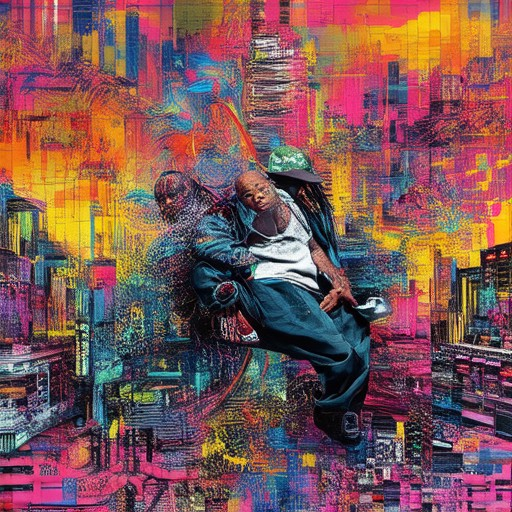
Understanding Abstract vs. Experimental Hip-Hop
Distinguishing between abstract and experimental hip-hop can seem tricky, but understanding their unique characteristics helps clarify their differences.
Abstract Hip-Hop
Abstract hip-hop is defined by its lyrical innovation and unconventional styles. Artists often focus on storytelling through intricate, poetic lyrics that defy traditional rhyme schemes and structures. This subgenre frequently incorporates elements from other genres, such as jazz, spoken word, and electronic beats, creating a rich tapestry of sound and narrative.
Experimental Hip-Hop
Experimental hip-hop, on the other hand, prioritizes musical exploration and boundary-pushing production. Artists experiment with various instruments, sounds, and production techniques, often blending genres like electronica, ambient, and avant-garde elements. The focus here is on creating unique sonic experiences rather than relying on conventional hip-hop structures.
Key Differences
- Lyrical Focus: Abstract hip-hop emphasizes lyrical complexity and storytelling, while experimental hip-hop focuses on musical innovation and production.
- Genre Influence: Abstract hip-hop draws from a wider range of genres, whereas experimental hip-hop often integrates non-traditional sounds and instruments.
- Aesthetic Approach: Abstract hip-hop may lean toward poetic and conceptual themes, whereas experimental hip-hop is driven by sonic experimentation and exploration.
Coexistence and Influence
Both subgenres share common roots in hip-hop culture but diverge in their artistic approaches. Abstract hip-hop thrives in the realm of words and ideas, while experimental hip-hop pushes boundaries in sound and production. Together, they contribute to the vibrant and evolving landscape of modern music.
For more insights into these subgenres and their impact on the music scene, visit our website to explore articles, interviews, and reviews dedicated to abstract and experimental hip-hop.
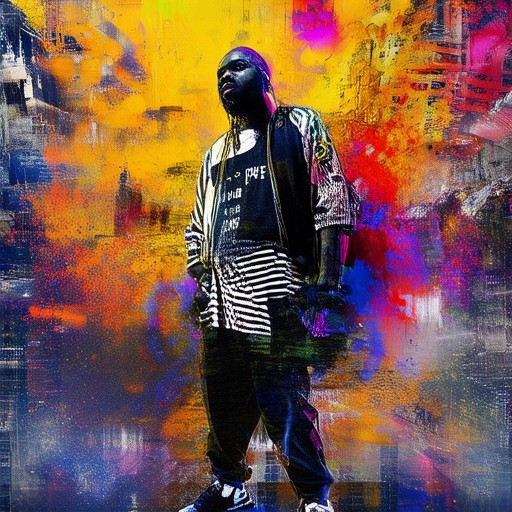
Who is the Host of Hip Hop Evolution?
The host of Hip Hop Evolution is Shad, a Juno Award-winning artist. Known for his contributions to the music scene, Shad brings his expertise and passion for hip-hop culture to the series.
Who Was the Man Who Started Hip Hop?
DJ Kool Herc is widely recognized as the father of hip-hop. Born Keith Edward Hart, he emerged in the late 1960s as a pivotal figure in the development of the genre. Known for his groundbreaking scratching techniques and innovative use of the turntable, DJ Kool Herc became a legend at block parties in the South Bronx, New York City. His ability to extend beats and create loops allowed dancers to showcase their skills, leading to the rise of breakdancing.
As an MC, DJ Kool Herc also pioneered rapping, delivering his verses over the beats he created. His performances at parties like Sylvia’s in the Bronx set the stage for what would become a global cultural phenomenon. By combining elements of African American musical traditions with Latin influences, DJ Kool Herc laid the foundation for modern hip-hop culture.
His contributions weren’t limited to music; he played a crucial role in shaping the visual and social aspects of the culture as well. DJ Kool Herc’s legacy continues to inspire artists and fans worldwide, cementing his status as one of the most influential figures in hip-hop history.
Explore the origins of hip-hop culture and learn more about DJ Kool Herc’s role in its creation.
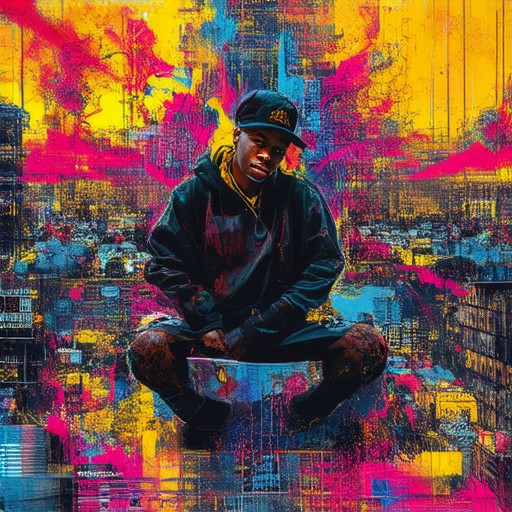
What is the Netflix series about hip hop music?
Netflix offers a variety of series and documentaries dedicated to exploring the rich history and cultural impact of hip hop music. One notable series is Hip-Hop Evolution , which delves into the origins and evolution of hip hop from its roots in the 1970s to its global influence today.
This documentary-style series provides an in-depth look at the key figures, movements, and milestones that shaped hip hop culture. From the emergence of DJ Kool Herc and the birth of breakdancing in the Bronx, to the rise of iconic artists like Nas, Tupac, and Biggie Smalls, Hip-Hop Evolution captures the essence of this transformative art form.
The series also explores the evolution of hip hop genres, including East Coast vs West Coast rivalries, the rise of Southern hip hop, and the impact of digital platforms like YouTube and SoundCloud on modern music. Each episode highlights the creativity, resilience, and social impact of hip hop artists and their contributions to global culture.
For those interested in learning more about hip hop’s history and its role in shaping contemporary music and society, Hip-Hop Evolution is an essential watch. The series not only educates viewers but also pays homage to the pioneers who made hip hop what it is today.
Explore Hip-Hop Evolution on Netflix to dive deeper into the story of hip hop music and its lasting legacy.
Additionally, if you’re interested in other hip hop-related content, check out these related documentaries:
- Beats, Rhymes, and Life: The Story of Hip-Hop – A comprehensive exploration of hip hop’s impact on music and culture
- Something’s Gotta Give: The Definitive History of Rap Biographies – A deep dive into the lives and careers of legendary rap artists
- Original Gangsters: The Rise of Gangster Rap – Examines the origins and evolution of gangster rap
In conclusion, Hip-Hop Evolution is a thoughtfully curated series that offers a fascinating journey through the world of hip hop music, making it a must-watch for fans and newcomers alike.

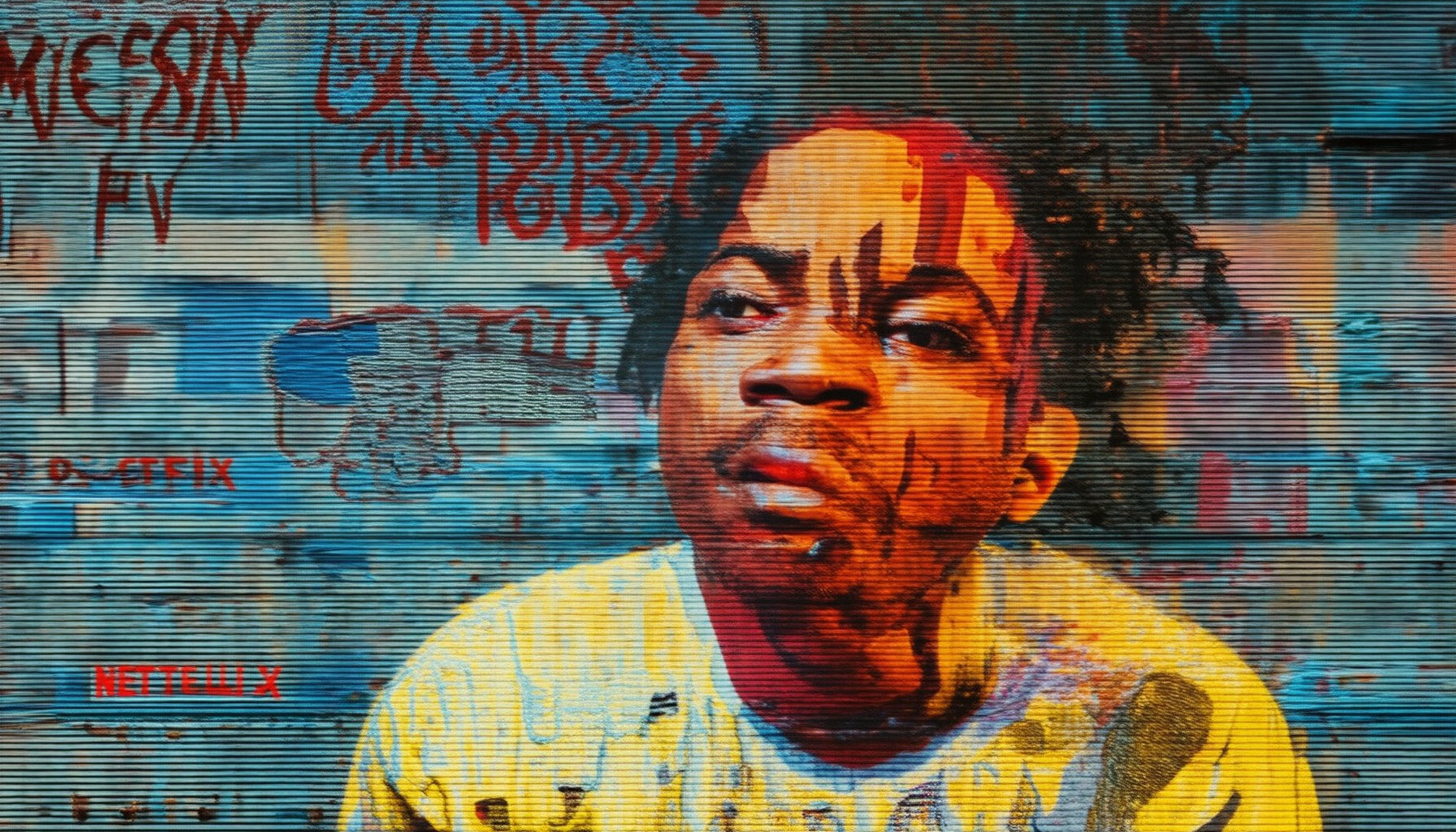
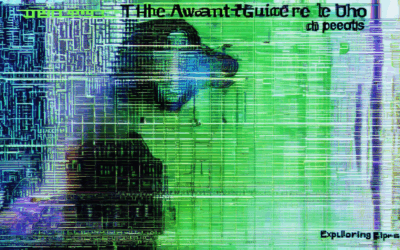


0 Comments